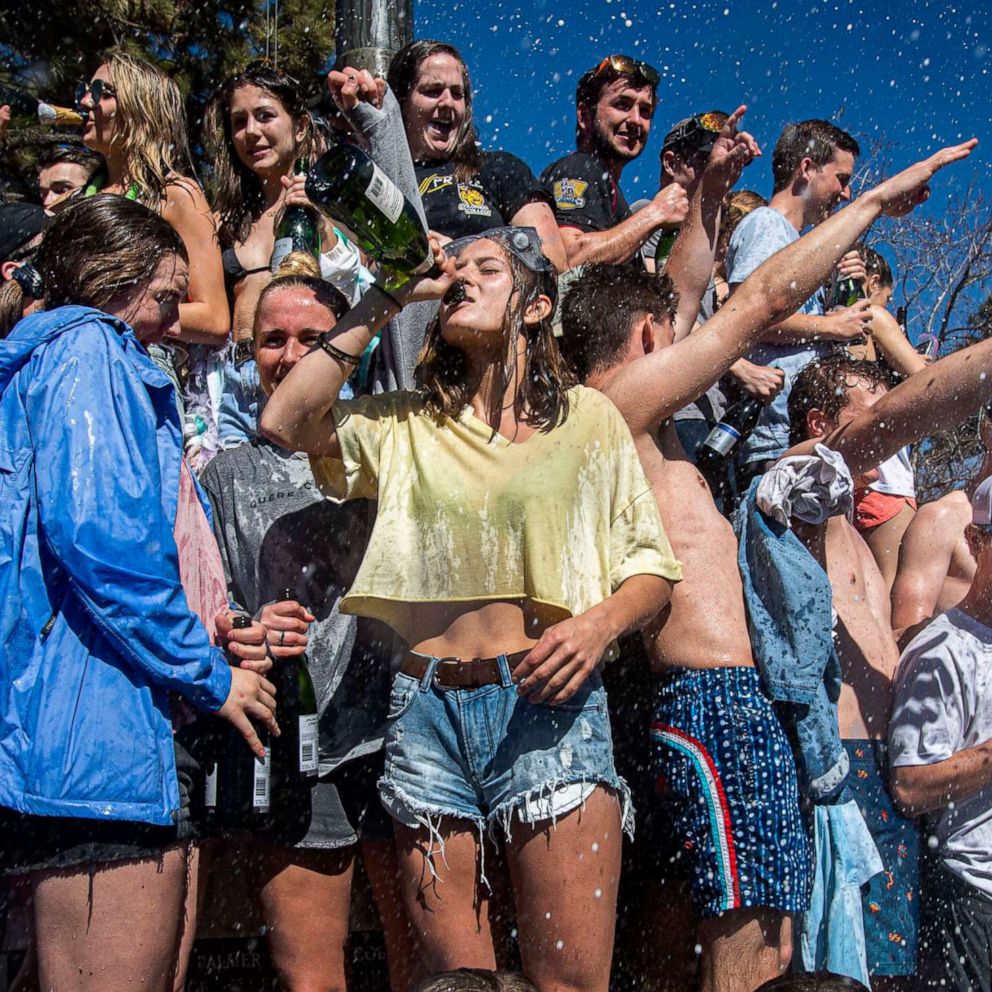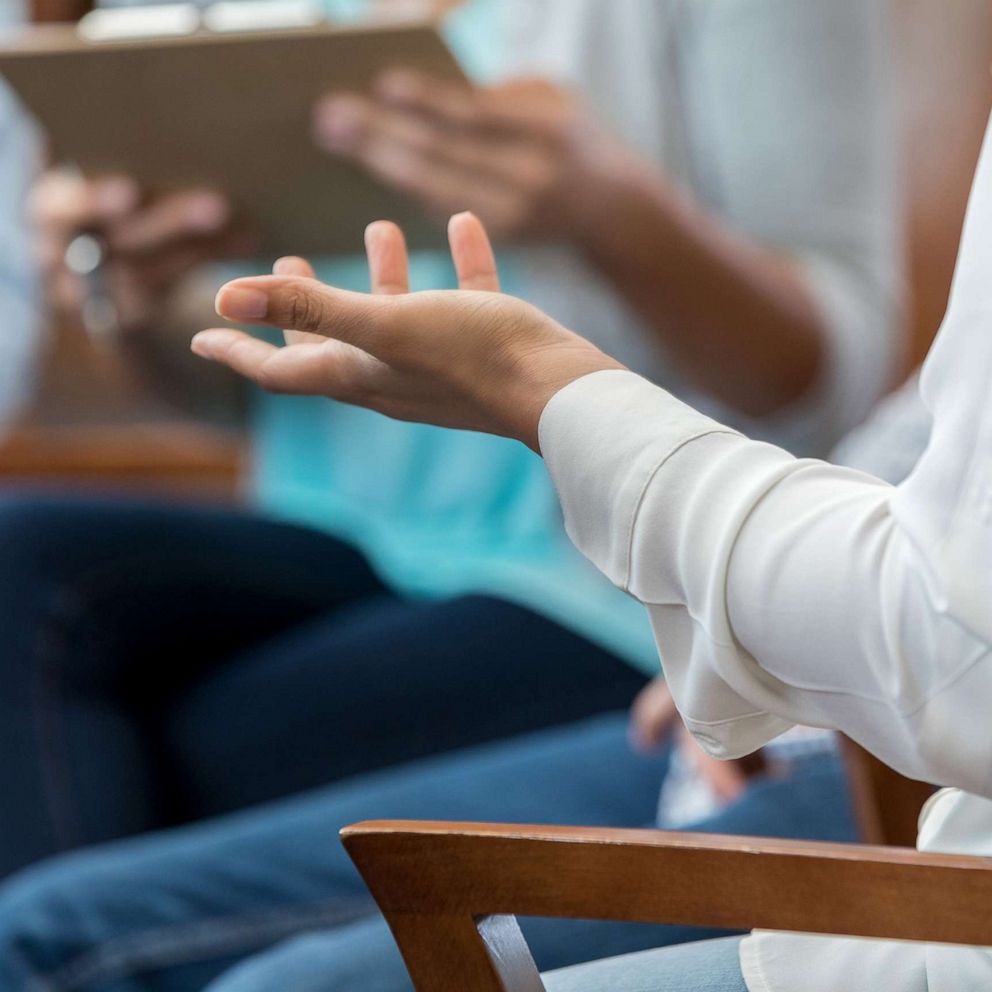The frustration millennials have with older people not taking coronavirus precautions seriously
Younger generations seem more likely to quarantine themselves, experts say.
America appears to be experiencing a generational divide in how people respond to recommendations to stay home and practice social distancing to help stop the spread of the coronavirus, experts say.
Many young people have taken to social media to express frustration that members of older generations are still carrying on with their daily activities, such as dining out, playing golf or attending fitness classes despite warnings to practice social distancing and avoid large gatherings in an effort to stop the spread of the deadly respiratory disease, which is spread through close contact and for which there is no known vaccine or treatment.
Distancing, isolation and quarantine are critical to stemming the spread of COVID-19 in the absence of drugs, according to the Centers for Disease Control. But the recommendations from public health officials and politicians have changed over time and vary from place to place, generating confusion and sowing doubt.
Molly Jong-Fast, editor-at-large for The Daily Beast and a Vogue contributor, wrote last week that her 78-year-old mother, who "has all the energy of someone in her 30s," wasn't worried about the virus and still decided to go out to dinner.
ABC News foreign correspondent James Longman tweeted Tuesday about how his 74-year-old mother employed the services of an at-home hair stylist the day before.
Tune into ABC at 1 p.m. ET and ABC News Live at 4 p.m. ET every weekday for special coverage of the novel coronavirus with the full ABC News team, including the latest news, context and analysis.
Other younger people have shared similar sentiments, some expressing worry and some conveying exasperation at the irony of holing up in their homes to protect the vulnerable population, some of whom are continuing to venture out as if life were normal.
But why are some of those over 65, who the Centers for Disease Control and Prevention says are among the at-risk populations for complications from the virus (in addition to those with underlying health conditions), refusing to take social distancing and isolation recommendations seriously?
"They're older and they've been through a few things before," Dr. Gregory Jantz, a Seattle-based psychologist and mental health expert who says he treats several baby boomer patients, told ABC News.
Overall, older people have a mentality that they're not going to "ride the herd of fear," and they believe the crisis will eventually pass, Jantz said, adding that they want to continue living their lives "within reason."
The baby boomers may also be calculating the risks to fit their circumstances, such as deciding to go out to dinner with visiting family, Dr. Janet Taylor, a psychiatrist at Centerstone Florida, a mental health hospital, told ABC News.
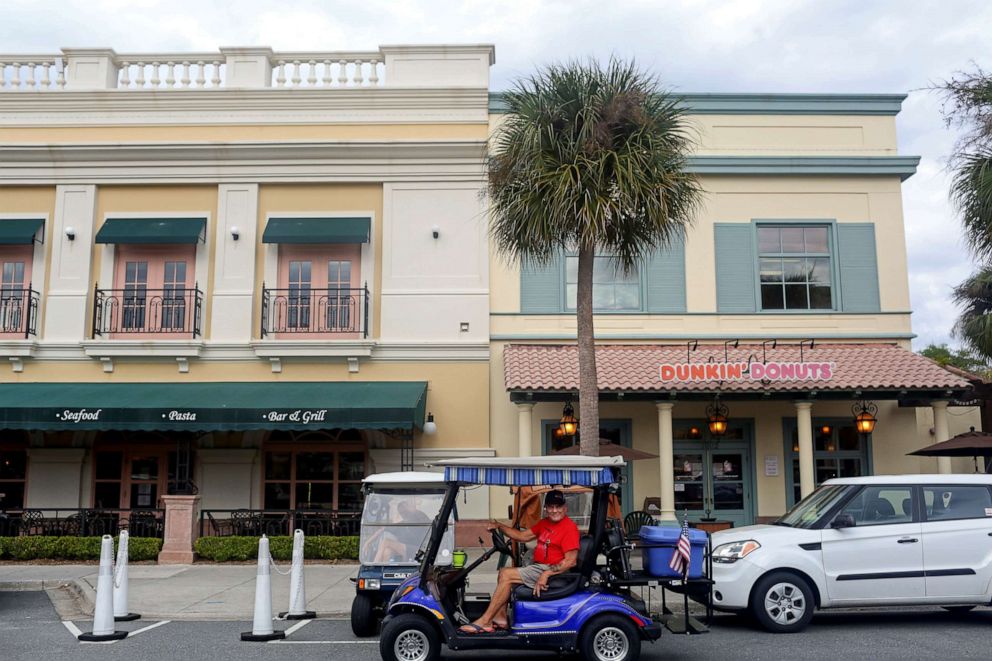
As to why many millennials and members of Gen-Z appear to be taking the warnings so seriously despite what seem to be the long odds of them falling severely ill, Taylor said those generations were burdened with worry long before the COVID-19 crisis began.
"They have so much anxiety about their lives, (and) their lives being perfect," she said. "They worry about their parents. They worry about their grandparents."
Younger people also tend to follow the news more closely, so they understand the scope and scale of the epidemic and feel a social conscience and duty to the community to keep others safe, according to Dr. Elizabeth Booma, Chief of Child and Adolescent Psychiatry at Newton-Wellesley Hospital in Massachusetts.
"These are the same kind of young activists speaking out about climate change," Booma told ABC News. "They really want the older generation to pay attention to the larger problem. which is not affecting them this moment but in the near future is going to cause big problems for everyone."
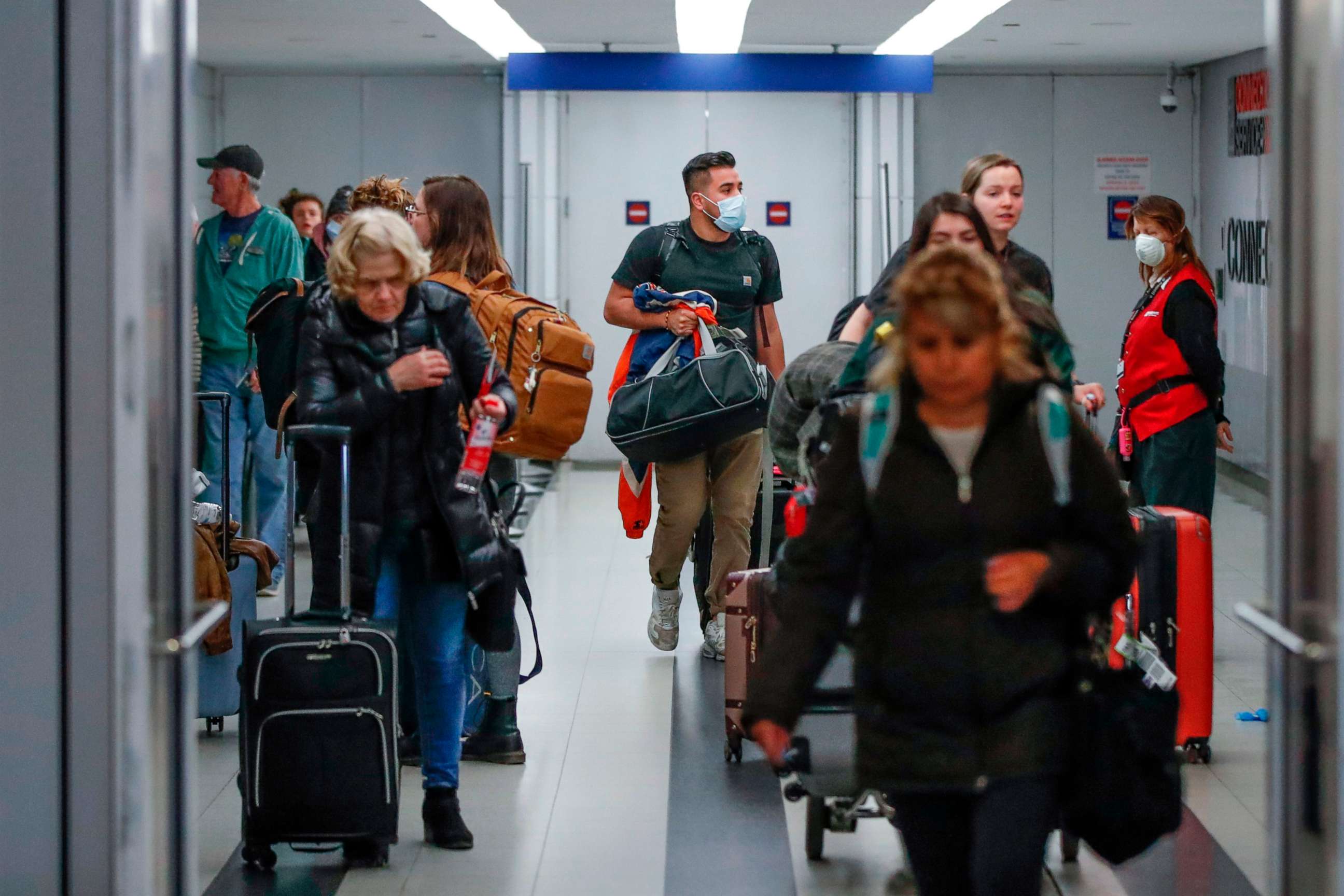
In addition, because they grew up participating in so many digital activities -- communicating, dating, playing video games -- members of the younger generations may find it easier to adhere to the rules and stay home, Taylor said.
"Being solitary is not unusual for them," she said. "They can still feel connected."
However, Jantz and Taylor said they have also treated patients over 65 who are genuinely concerned about the virus.
Jantz said some older patients have expressed concerns about his facility being properly disinfected, while Taylor said that many boomers she's spoken with see themselves in the "risk category."
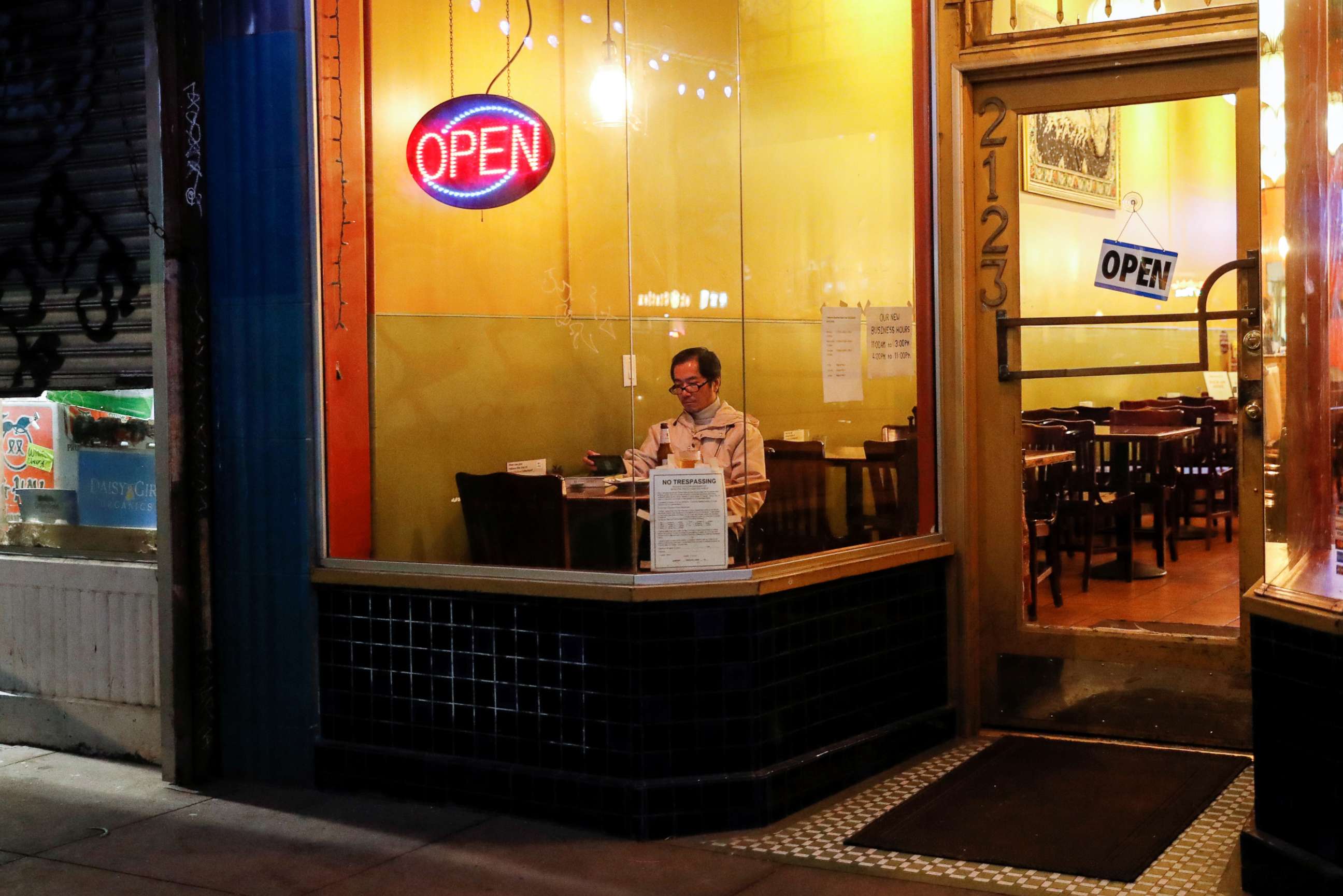
Another explanation for the divide may have more to do with your personality than your age, suggests Taylor, who says that it all comes down to how you approach risk.
"Basically, (it's) whether you’re rule followers or not," she said. "You can probably find examples of boomers, millennials, any age group taking more risks."
Millennials are key to stopping the spread of the virus, White House coronavirus response coordinator Dr. Deborah Birx told ABC News.
"The millennials are incredibly good about getting information out in a clear way, but more importantly, they are incredibly good about understanding how to protect one another, how to protect their parents, and how to protect their grandparents," she said.
During a White House press conference Monday, Birx urged Americans to stay home if sick, "no matter who you are."
Asked by a reporter what age constitutes "older" citizens who are more at risk, Birx replied, "There is a physiologic age and a numerical age," adding that "there are significant risks at every age group."
Mental health experts ABC has spoken with believe that people will start taking the pandemic more seriously once their local governments begin enforcing policies in their area, when more information becomes available, and when testing becomes more widespread.
"When we have more access to testing, more people infected, unfortunately more people dying, obviously with policy, most people are going to adhere to that," Taylor said.
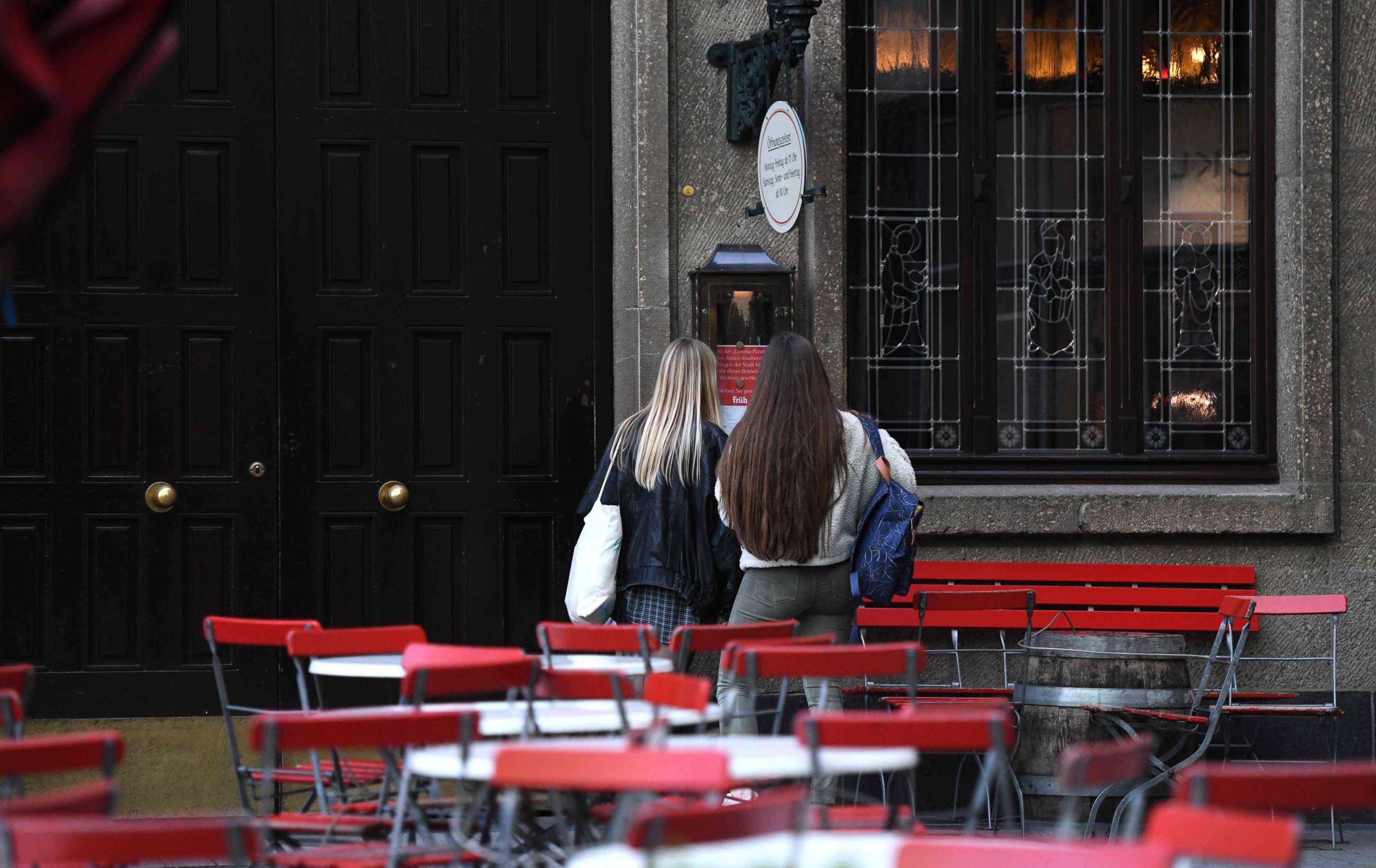
Booma says she has seen an "evolution of people’s opinions, this ripple effect" as the situation has developed.
"When it finally hits home ... people change the way they think about it and change their behaviors," Booma said. "A couple weeks ago it just didn’t feel like it was real, like that couldn't happen here. I think day by day ... as the numbers are increasing, it’s becoming more and more real."
What to know about Coronavirus:
- How it started and how to protect yourself: Coronavirus explained
- What to do if you have symptoms: Coronavirus symptoms
- Tracking the spread in the US and Worldwide: Coronavirus map
